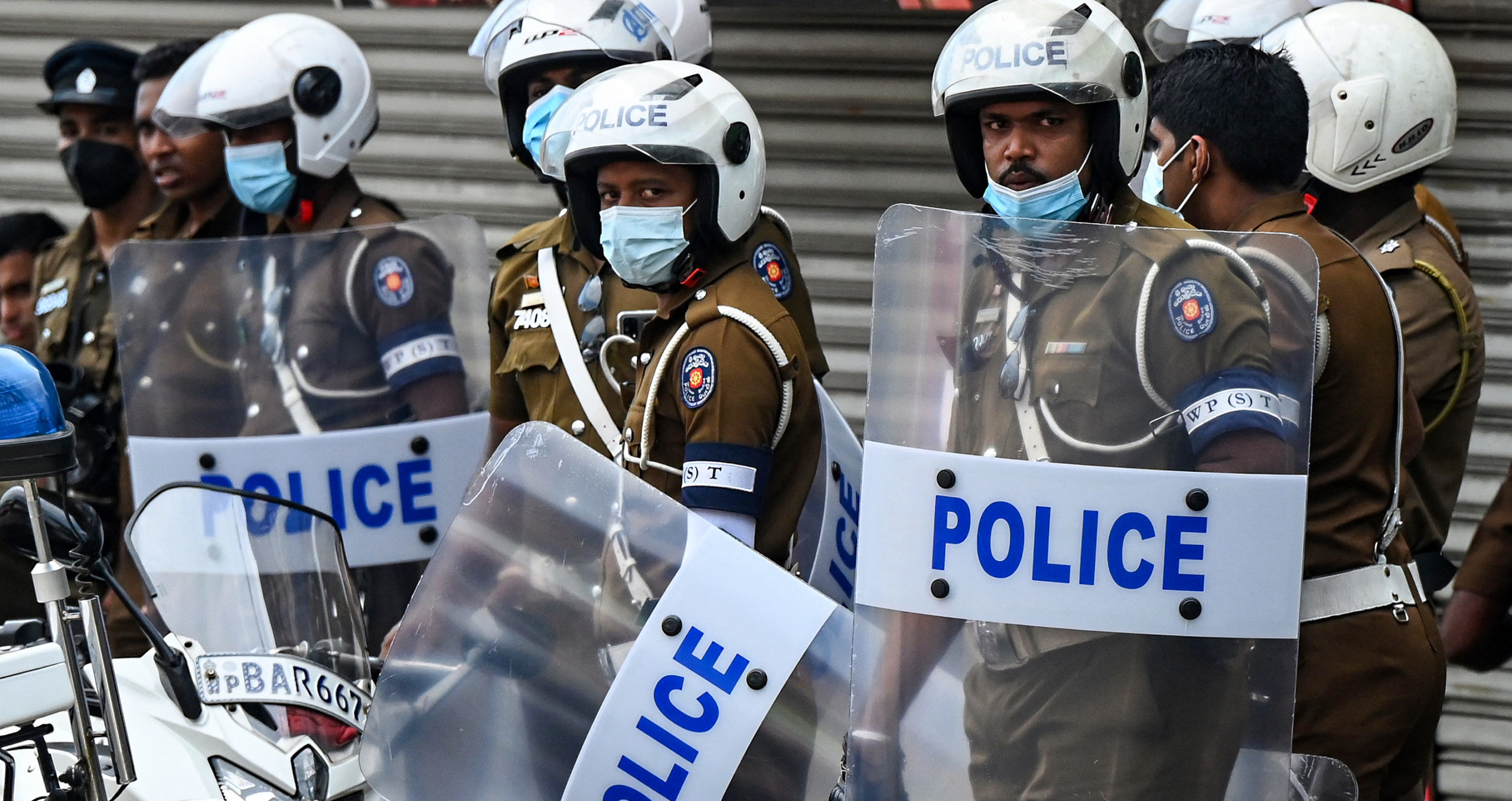Colombo, Sri Lanka
Over a decade since a civil war tore my country apart, severe violence may be about to return to Sri Lanka.
Since his much-heralded election in 2019, President Rajapaksa and his government have been accused of fraud, embezzlement, and economic mismanagement. Almost all of his ministers resigned from the cabinet a few weeks ago. With the economy in free-fall — the cost of rice has doubled this year as a result — April has become a month of protests. On Tuesday, after the main fuel retailer here raised prices by 65%, police fired into protesters in the town of Rambukkana. One man was killed.
Living on the island feels like a nightmare Sri Lankans can’t wake from. A day when there isn’t a power-cut is a rare yet much welcomed blessing. Ten hour daily cuts, enforced by the government, are common. There is a shortage of food and medicine island-wide. Managing to refuel your vehicle after investing hours of your time and sanity in the petrol queues is a celebrated achievement. Eight people have died waiting in these lines, one of them stabbed. As tensions rise, petrol and gas queues have become the new village boxing ground. Crime rates are soaring.
Sri Lanka is a country that relies heavily on tourism and its main exports of tea, rubber and coconut for its annual GDP. The island’s tourist economy, which was reeling from the devastation of the Easter Sunday bombings of 2019, was brought to its knees by the Covid-19 pandemic, a misguided — but well-intentioned — agricultural policy, banning the use of synthetic fertilisers and pesticides to switch to organic farming, as well as a series of ill-informed economic decisions made by the current administration.
The country is still heavily in debt to Chinese creditors, following a binge in infrastructure development made before President Rajapaksa came to power. Sri Lanka has been forced to lease a new mega port to China in lieu of repayments. This ‘debt-trap’ diplomacy has been partly blamed for the current economic crisis — the worst the nation has faced since independence from Britain arrived in 1948.
Besides these failed agricultural and economic policies, and the growing influence of China on the island, Gotabaya Rajapaksa made the crucial error of appointing unqualified individuals to positions of great responsibility, including selecting Ajith Nivard Cabraal become the Central Bank Governor. Under his watch the currency lost 30% of its value against the UDS dollar. Inflation soared. He had to resign earlier this month in light of the protests that called for his removal. Cabraal is currently facing allegations of abusing public funds.
The previous government charged Rajapaksa, three of his brothers and a nephew, (all of whom are serving in Parliament) with various forms of corruption. Many of these charges have been dismissed or withdrawn in recent years. The military continues to support Rajapaksa, and he has so far refused to resign. He is a lonely strongman, governing without a cabinet.
Sinhala and Tamil New Year — a major holiday — was all but forgotten this month, as families instead struggled to scrape together food for regular meals, or obtain gas cylinders for their stoves. It’s no surprise that protests have accompanied this crisis of living.
Sri Lankans are tired and angry. Right now, it feels like the whole country is out on the streets. They want Rajapaksa gone. What happens next could decide the country’s future for decades to come.










Join the discussion
Join like minded readers that support our journalism by becoming a paid subscriber
To join the discussion in the comments, become a paid subscriber.
Join like minded readers that support our journalism, read unlimited articles and enjoy other subscriber-only benefits.
Subscribe